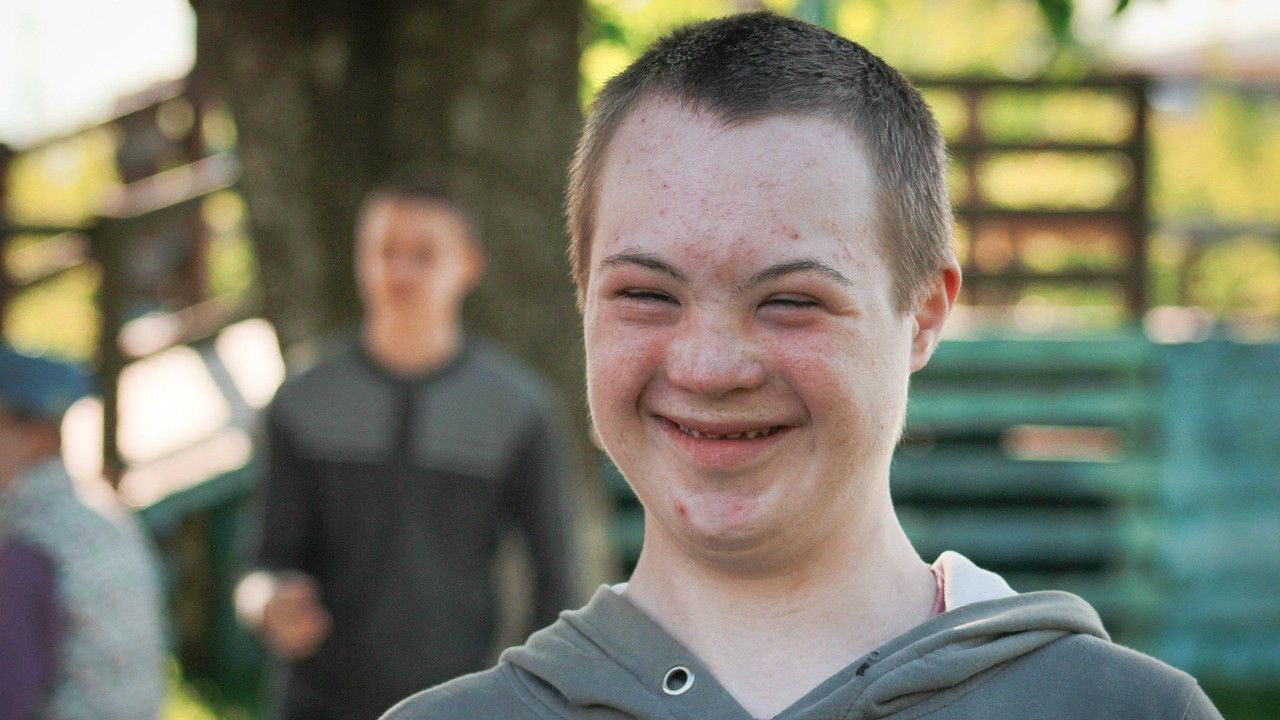
DiYES International School – Down Syndrome represents one of the most recognized genetic conditions worldwide, yet many people remain unaware of the long term health issues connected to it. This condition occurs because of the presence of an extra chromosome which affects growth and development. While children with Down Syndrome often show remarkable resilience, they also face unique challenges that demand consistent care. Families learn early that managing health goes beyond basic medical checkups because chronic issues can emerge as children grow older. Regular monitoring, early intervention, and a strong support network play a vital role in ensuring quality of life. Parents often seek reliable information to understand not only the cognitive aspects but also the physical health concerns linked to the condition. By raising awareness, communities can foster compassion and equip families with the resources they need to navigate the realities of both childhood and lifelong health management.
Down Syndrome not only influences development but also brings a higher likelihood of chronic medical conditions that can persist into adulthood. Children with Down Syndrome often face congenital heart disease which requires early detection and treatment. Some may also experience thyroid disorders, hearing loss, or vision problems that demand regular evaluation. Beyond these issues, respiratory infections can occur more frequently and sometimes lead to serious complications. Another important concern involves sleep apnea which affects both rest and overall well being. Gastrointestinal conditions, including celiac disease, may also appear and complicate daily routines. These risks highlight why ongoing medical care remains essential for children with this condition. Parents who understand the wide spectrum of possible health challenges can respond more effectively by coordinating with pediatric specialists. By recognizing how Down Syndrome connects to chronic conditions, families can act early and give children the best chance to thrive in every stage of growth.
“Read about: Miracle or Tragedy? Baby Born Without Skull Leaves Doctors Speechless!”
Managing chronic health concerns in children with Down Syndrome requires consistent effort from families. Parents often become central figures in coordinating medical visits, therapies, and school support systems. Siblings also play a role in building a nurturing environment that promotes social and emotional development. Families learn to balance medical responsibilities with opportunities for play and education, ensuring that children still experience a joyful childhood. Practical routines, such as regular medication schedules, hearing aids, or vision correction, can help minimize complications. Diet adjustments may also become necessary, especially when conditions like celiac disease appear. Emotional support matters just as much as physical care since children thrive when they feel included and encouraged. Community groups and parent networks offer valuable platforms for sharing experiences and solutions. Together, these elements demonstrate how family support creates stability and provides children with Down Syndrome the chance to achieve their fullest potential despite ongoing health concerns.
“Read more: This Soundproof Garage Door Just Changed the Game for Home Studios!”
Modern healthcare has transformed the outlook for children with Down Syndrome by providing effective interventions that were not available in the past. Early intervention programs offer speech therapy, physical therapy, and occupational support designed to enhance developmental progress. Advances in pediatric cardiology allow doctors to treat congenital heart disease with greater success, giving children stronger foundations for growth. Thyroid function tests and hearing screenings help detect problems before they escalate into larger issues. Vaccination schedules and preventive care reduce the risk of frequent infections that once posed serious threats. Specialists now also emphasize mental health, recognizing that emotional well being must be addressed alongside physical needs. Technology, such as adaptive learning tools and assistive devices, further supports children as they navigate both education and daily life. Parents who embrace early intervention find that their children often exceed expectations, demonstrating resilience that reshapes outdated perceptions about Down Syndrome.
Beyond medical treatment, awareness and inclusion stand as critical components in improving the lives of children with Down Syndrome. Schools that adopt inclusive education practices enable children to learn alongside peers while receiving tailored support. Employers who create opportunities for individuals with Down Syndrome later contribute to independence and dignity. Public campaigns and community events raise understanding and help reduce stigma surrounding the condition. Advocacy groups work tirelessly to ensure that healthcare policies address the chronic conditions that frequently accompany Down Syndrome. Cultural acceptance grows when families and communities emphasize ability over limitation. Parents often share stories of achievement that inspire others to view Down Syndrome through a lens of possibility rather than constraint. Inclusive communities do more than provide resources, they create a world where every child and adult with Down Syndrome can pursue meaningful lives while managing the health challenges they face.